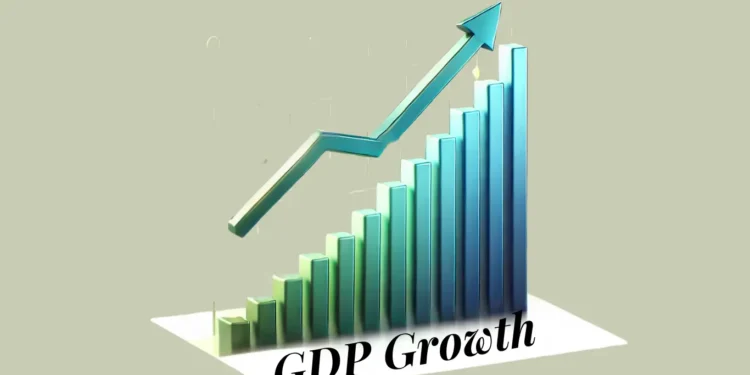- The sub-Saharan economy is projected to grow by 4.2%, up from 3.6% in 2024, according to the International Monetary Fund.
- Equatorial Guinea’s GDP is forecast to contract by -4.8% in 2025, primarily driven by the declining oil and gas production and global market fluctuations.
- The African largest economies, South Africa and Nigeria, are anticipated to post paltry growth in 2025.
- The list is the courtesy of the IMF.
The World Economic Outlook projection of the African economy reflects sluggish growth at 4.2% in 2025, a similar projection in 2024, down from 4.4% in 2023. The low-income developing countries overall are estimated at 4.7% in 2025, up from 4.0 in 2024.
The sub-Saharan economy is anticipated to grow by 4.2% in 2025, according to the IMF, up from the projected growth of 3.6% from 2024, the same as 2023. The World Bank projected sub-Saharan Africa’s GDP growth to peak at 4%, following a forecast of 3% in 2024.
African countries—South Africa and Nigeria—contesting for the top slot as the continent’s leading economies are both projected to record slow GDP growth in 2025. South Africa sightly overtook Nigeria as the biggest economy in Africa, but Nigeria is expected to regain its position in 2025.
The International Monetary Fund (IMF) forecasts a modest GDP growth of 1.5% for South Africa, up from 1.1% in 2024. However, the South African Reserve Bank forecasts a growth rate of 1.6% in 2025 and 1.8% in 2026.
Nigeria’s economy is projected to grow by 3.2% in 2025, following a 3.3% growth in 2024. The projections suggest that Nigeria will continue to lead Africa as the biggest economy in 2025, with South Africa a significant economic force in Africa
Equitorail Guinea’s economy is forecast to post the slackest GDP growth in 2025, at -4.8%, a sharp downfall following a strong rebound in 2024, when the economy was projected at a record 5.8% up from -6.2% in 2023. This is according to the projections by the IMF.
According to the African Development Bank (AFDB), Equatorial Guinea’s GDP growth in 2024 was projected at 6.3%, primarily driven by a rebound in the hydrocarbon sector, which remains the dominant contributor to the economy.
The shrinking forecast in 2025 is attributed to the aging oil reserves and potential global market fluctuations. Equatorial Guinea’s economy is less diversified and is heavily reliant on the oil and gas sector.







